On November 24th, the Council adopted a set of decisions establishing three assistance measures under the European Peace Facility (EPF) in support of Jordan, the Democratic Republic of the Congo and Chad.
Jordan
The Council adopted the third bilateral assistance measure under the EPF worth €35 million to strengthen defence capacities and capabilities of the Jordanian Armed Forces. This measure brings the total amount of EPF support to Jordan to €55.25 million to date.
The decision signals the EU’s growing engagement with Jordan, marked by the recent signature of the EU-Jordan Strategic and Comprehensive Partnership (SCP). The new EPF assistance measure will contribute to strengthening security and defence cooperation, one of the five key areas identified by the SCP and demonstrates the EU’s continued commitment to supporting Jordan’s stability and resilience.
The objective is to enhance the air defence capabilities, and therefore also to strengthen Jordan’s contribution to regional security. Through the European Peace Facility measure, the EU will provide to the Jordanian Armed Forces short-range radars and a local command and control system and, where needed, related supplies and services, including operational and maintenance training.
Democratic Republic of the Congo
The Council also adopted an EPF assistance measure amounting to €10 million to provide the Armed Forces of the Democratic Republic of the Congo (Forces Armées de la République Démocratique du Congo – FARDC) with military equipment meeting their operational needs.
This is the second assistance measure in support of the FARDC. The first one was adopted in 2023 and aimed at supporting the 31st Rapid Reaction Brigade based in Kindu. In total, the European Peace Facility’s support to the FARDC now amounts to €30 million.
The support foreseen under this second assistance measure will strengthen the FARDC’s capacity to carry out their core tasks of protecting civilians and restoring state authority. It consists of the provision of non-lethal equipment to facilitate command and control, improve deployment conditions and medical support, and enable the conduct of surveillance patrols along river borders. Deliveries are expected to begin before the end of 2026.
The continued support provided under the EPF demonstrates the EU’s ongoing commitment to security sector reform in the DRC, and the EU’s commitment to the FARDC in the context of the peace process. It is part of a broader package of measures combining various instruments, including development aid.
Chad
The third EPF assistance measure adopted by the Council amounts to €14,5 million in support of the Armed Forces of Chad.
Under the EPF, Chad already benefits of EU support in the context of its participation in the Multi-National Task Force against Boko Haram and G5 Sahel Joint Force. In addition, this assistance measure marks the first bilateral support by the EU to Chad under the EPF.
The aim of the assistance measure is to strengthen the capacities of the Chadian National Army (“Armée nationale tchadienne”, ANT) with a view to protecting the territorial integrity and sovereignty of Chad and its civilian population against internal and external aggression.
Under EPF support, the EU will contribute to the professionalisation of the ANT through the renovation and refurbishment of the Koundoul National Academy for non-commissioned officers (École nationale des sous-officiers d’active de Koundoul- ENSOA-K). The support foreseen consists of infrastructure works, provision of educational equipment, and the redesign of the ENSOA-K’s curricula, including on compliance with International Humanitarian Law and International Human Rights Law), to adequately respond to the request by Chad.
Background
The European Peace Facility was established in March 2021 for the financing of actions under the common foreign and security policy to prevent conflicts, preserve peace and strengthen international security and stability. In particular, the European Peace Facility allows the EU to finance actions designed to strengthen the capacities of third States and regional and international organisations relating to military and defence matters.
More information: European Council

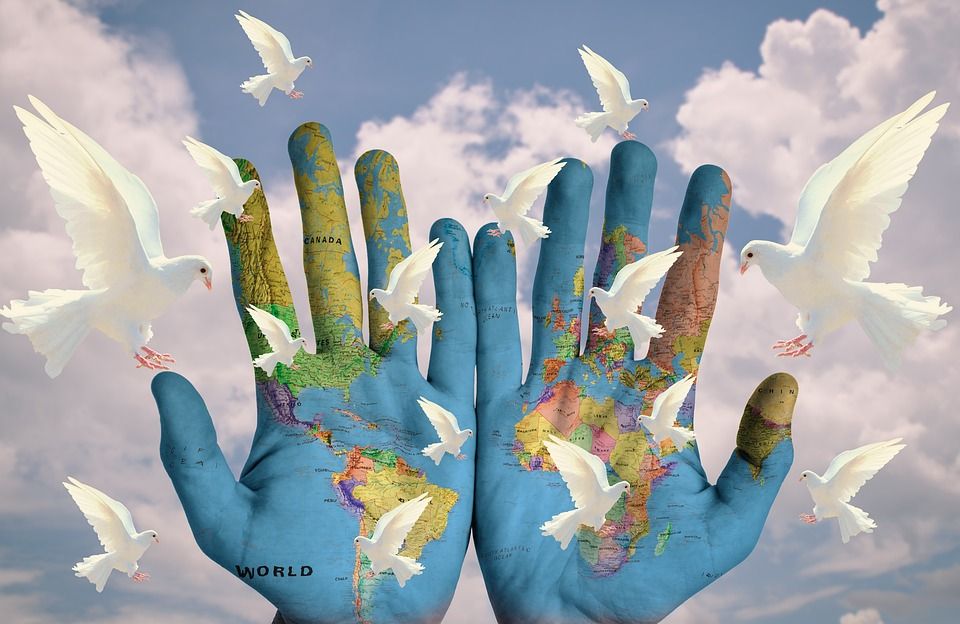
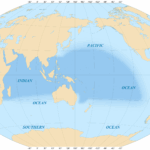
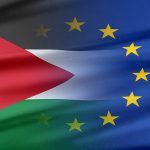

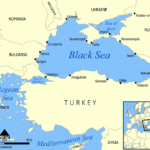
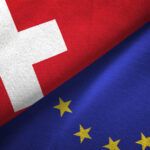
Leave a Reply